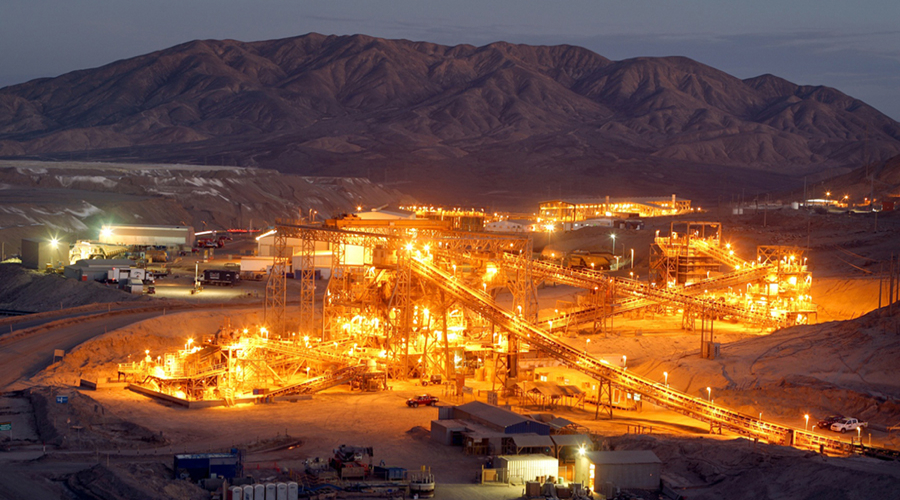Zinc/nickel — A zinc/nickel alloy offers greater protection against corrosion than zinc plating alone. It’s also capable of withstanding higher temperatures.
Similarly, Which metal is widely used as coatings for other metals as protection?
The most widely used metallic coating method for corrosion protection is galvanizing, which involves the application of metallic zinc to carbon steel for corrosion control purposes.
What is zinc-nickel coating? Zinc-nickel plating is an environmentally and safer alternative to cadmium and can be used across a wide range of industries. It combines the sacrificial coating properties of zinc with the strength, ductility, and corrosion resistance of nickel – creating a surface finish that, in some cases, is superior to cadmium.
Thereof, Is zinc or nickel more corrosion resistant?
Here is a brief summary of its benefits: Corrosion protection: As a true alloy, Zn-Ni coatings are proven to provide two to three times more corrosion-resistant protection than zinc-only coatings.
Is zinc cheaper than nickel?
Zinc is a substantially less expensive metal as well. So nickel wins for finish, but zinc wins for your other issues.
What are the types of protective coating?
In addition, there are also four types of protective coatings for metal: barrier, inhibitive, sacrificial, and combination. Barrier coatings protect metal by preventing water, oxygen, and electrolytes from coming in contact with the underlying metal. Inhibitive coatings contain chemicals that hinder corrosion.
What are protective coatings?
Protective coatings are applied to a surface to protect the substrate from corrosion. An effective way in which to protect metal from corrosion is by physical isolating a substrate from its environment by applying protective coatings.
How many types of coating are there?
Coatings are varied, but primarily fall into three categories: Architectural, Industrial, and Special Purpose.
Is yellow zinc better than zinc?
Yellow zinc is most commonly used for automotive parts because it provides a good level of corrosion resistance. Black zinc offers a little less corrosion resistance than yellow zinc. Blue or clear zinc plating provides the least amount of corrosion resistance.
Does zinc coating prevent rust?
As mentioned above, the galvanized layer of zinc is an excellent barrier against corrosion. Zinc coating prevents rusting by creating a tough, protective outer shell that slows down oxidation and protects the steel from exposure to moisture.
Is stainless steel rust resistant?
In summary, stainless steel does not rust because it is sufficiently reactive to protect itself from further attack by forming a passive corrosion product layer. (Other important metals such as titanium and aluminum also rely on passive film formation for their corrosion resistance.)
Is zinc and nickel the same?
The key difference between zinc and nickel plating is that the purpose of zinc plating is to apply a thin coating of zinc on a conductive substance whereas nickel plating involves the application of a thin layer of nickel on a metal surface.
Are zinc and nickel compatible?
Zinc-nickel is compatible with the lighter metals that are normally used in aircraft manufacturing such as magnesium and aluminum. This alloy is also frequently used on the tubing for fuel and hydraulic parts and components.
What is a zinc anode?
A zinc anode is a type of sacrificial anode used to prevent corrosion through cathodic protection. It is also classified as a galvanic anode, with the other galvanic anodes being made from aluminum or magnesium.
What are four types of coatings?
Here, we’ll describe the benefits and tradeoffs of four of the most common generic coating types: Epoxies, polyurethanes, polysiloxanes and zinc-rich primers, providing examples of how each might be used in a total coating system.
What is difference between painting and coating?
Simply put, paint is for aesthetics and coating is for performance.
What is 3 coat paint system?
A 3-coat paint system consists of a primary coat, an intermediate coat, and a top coat of a color or finish typically specified by the end user. View some of our products manufactured with a three coat paint system.
What is protective corrosion?
Corrosion protection is the application of anti-corrosion chemicals to prevent damages to equipment or facility caused by corrosive agents. To address the different forms of corrosion in different materials, Cor-Pro Systems offer the following corrosion protection methods to our clients.
Why are protective coatings important?
Protective coatings are materials that can be applied as a thin film on suitable surfaces to inhibit or prevent degradation associated with the substrate. Surface coatings are important in maintaining the form, function, and properties of an object as they provide a shield against the environmental conditions.
What is the difference between paint and coatings?
The terms « paints » and « coatings » are often used interchangeably. However, for the most part, paints are considered to be used primarily for aesthetics, while coatings are used principally to prevent substrate deterioration or for corrosion protection.
Join TheMoney.co community and don’t forget to share this post !





